A new study on racial bias in in police-related shootings may be shocking – or maybe not. The data has been available for some time. This is just the latest affirmation of what has already been out there.
The Washington Times reported on the study:
The paper for the National Bureau of Economic Research, which examined thousands of incidents at 10 large police departments in California, Florida and Texas, concluded that police were no more likely to shoot non-whites than whites after factoring in extenuating circumstances.
“On the most extreme use of force — officer-involved shootings — we find no racial differences in either the raw data or when contextual factors are taken into account,” said Harvard economics professor Roland G. Fryer Jr. in the abstract of the July 2016 paper.
Mr. Fryer, who is black, told The New York Times that the finding of no racial discrimination in police shootings was “the most surprising result of my career.”
You can blame the uptick in violence and anti-police sentiment on a media that is hungry for ratings. This is the same media that helped propel Donald Trump to the top of the GOP ticket.
Chaos sells.
What the study did find, however, is that physical contact, such as pushing, handcuffing, pepper-spraying, etc… was 50% more likely to happen between non-whites and the police.
The 63-page study, “An Empirical Analysis of Racial Differences in Police Use of Force,” appears to support research conducted at Washington State University showing that officers in simulation tests were actually less likely to shoot at blacks than whites.
The paper also challenges the contention by the new wave of civil-rights groups such as Black Lives Matter that racist police are singling out blacks for shootings.
“It is plausible that racial differences in lower level uses of force are simply a distraction and movements such as Black Lives Matter should seek solutions within their own communities rather than changing the behaviors of police and other external forces,” he said in the study’s conclusion.
“Much more troubling, due to their frequency and potential impact on minority belief formation, is the possibility that racial differences in police use of nonlethal force have spillovers on myriad dimensions of racial inequality,” Mr. Fryer said.
What the professor is saying is that groups like Black Lives Matter would do more good working in their communities to educate and empower. If you really believe black lives matter, or any life matters, you put in the effort to make those lives count in tangible ways. You don’t achieve that by blocking traffic and fomenting anger towards authority.
As for the police, if they want to improve minority relations, they need to realize that even their non-lethal actions have consequences and optics matter. I’m not suggesting they don’t protect themselves. I’m not suggesting they treat non-whites with kid gloves, especially if the circumstances call for a more forceful hand. I am suggesting more community outreach. They make more inroads by being seen as fellow members of the community, rather than government enforcers, which is, I’m afraid, the image that far too many minorities have of our police officers.

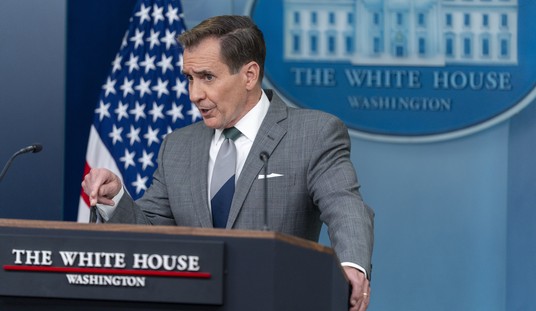

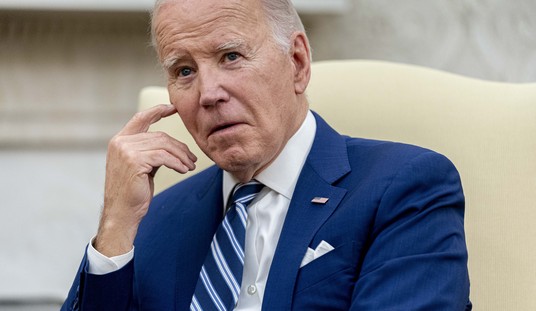
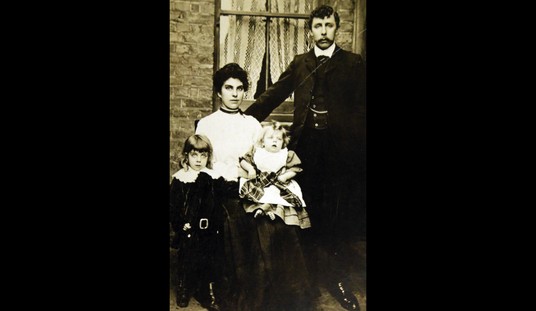
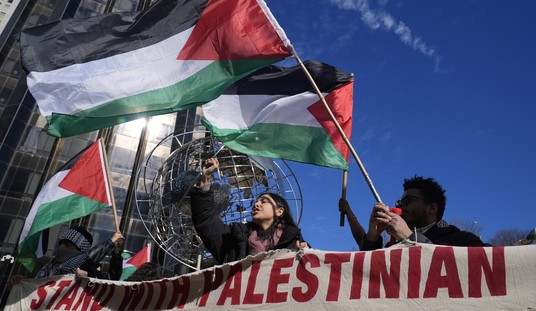
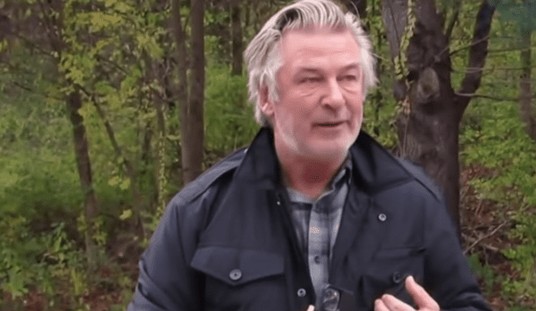

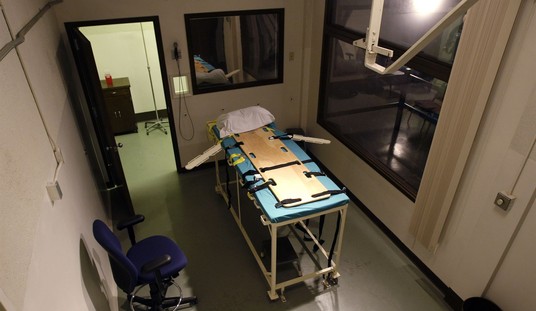

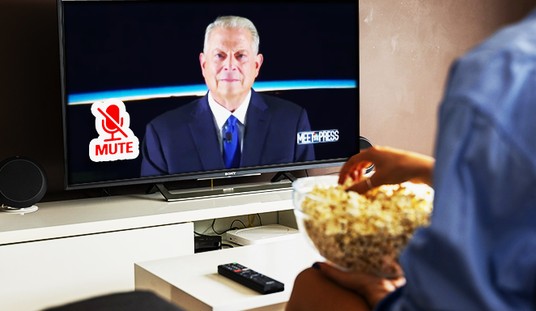
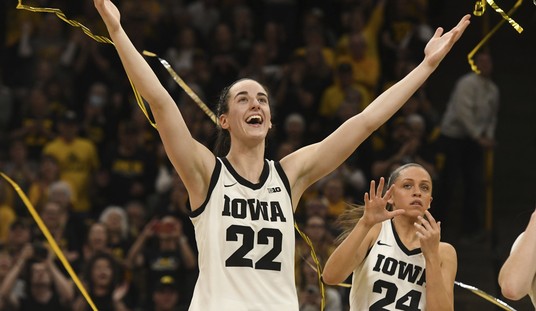
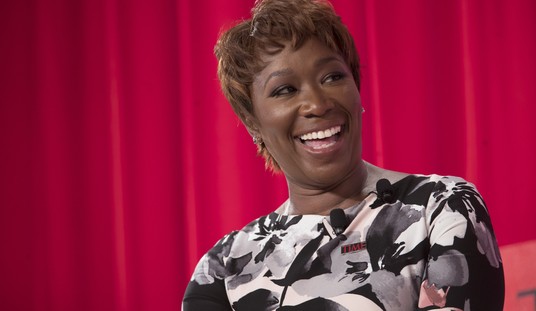
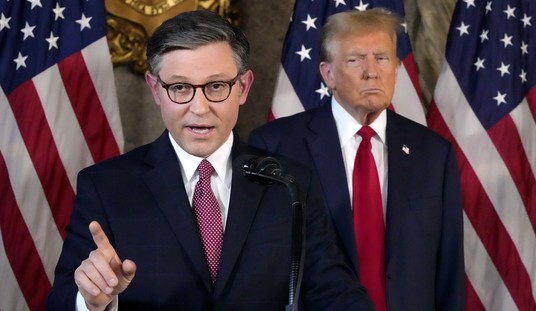
Join the conversation as a VIP Member